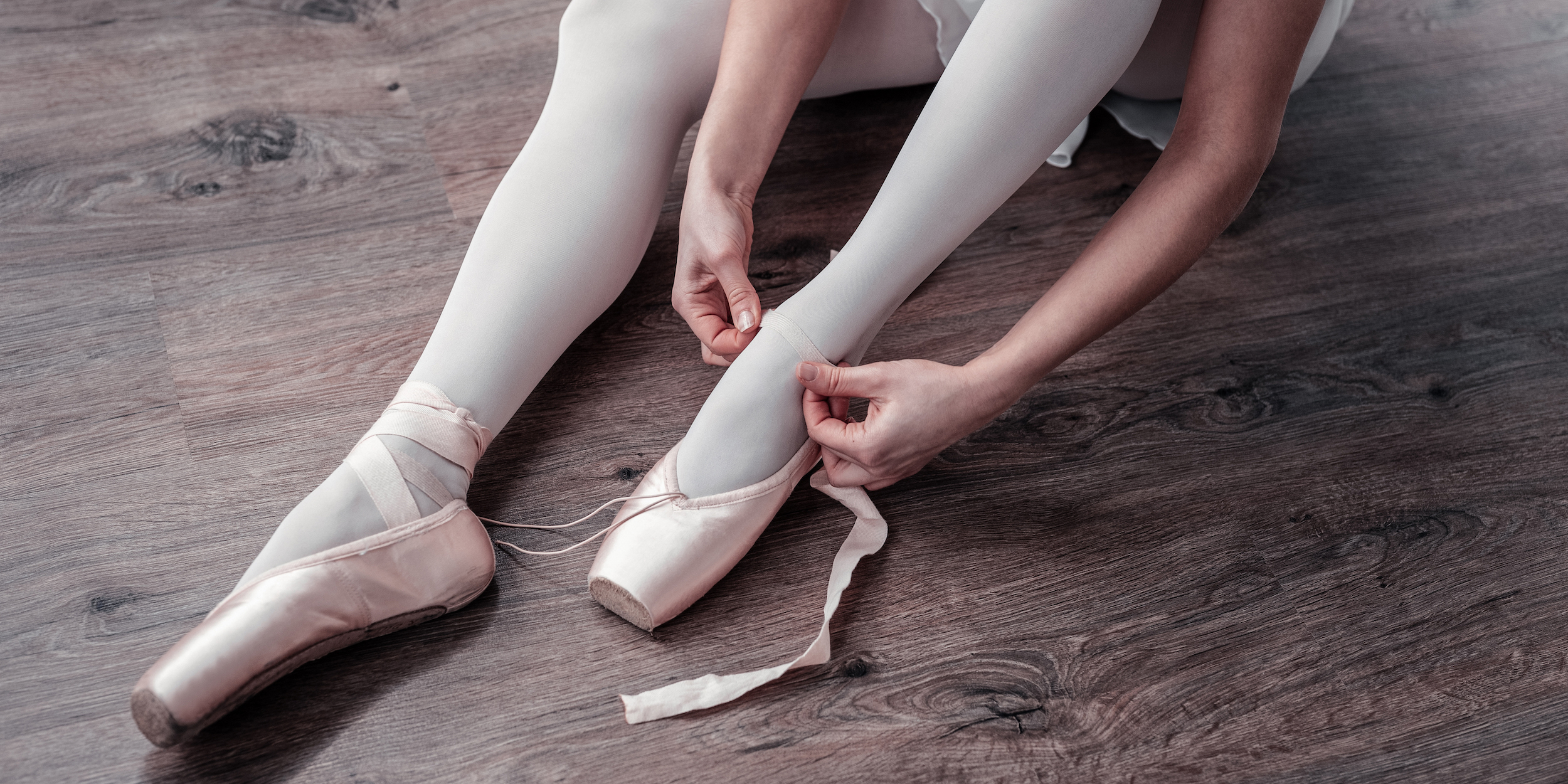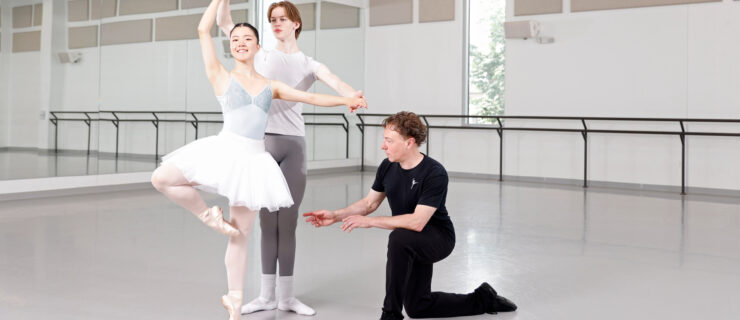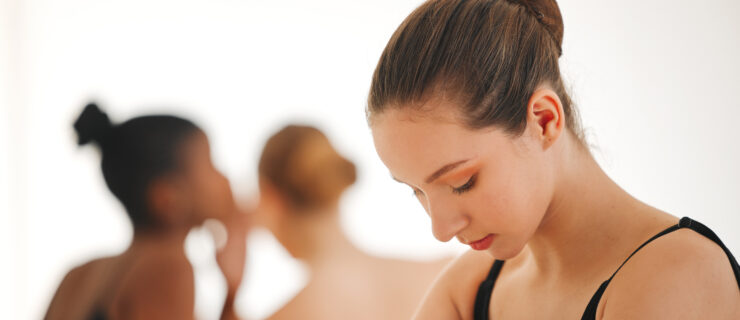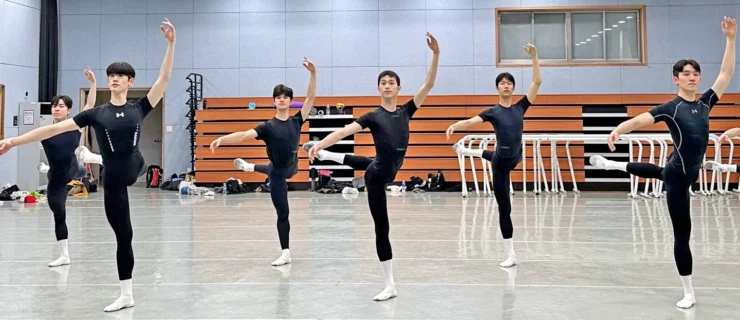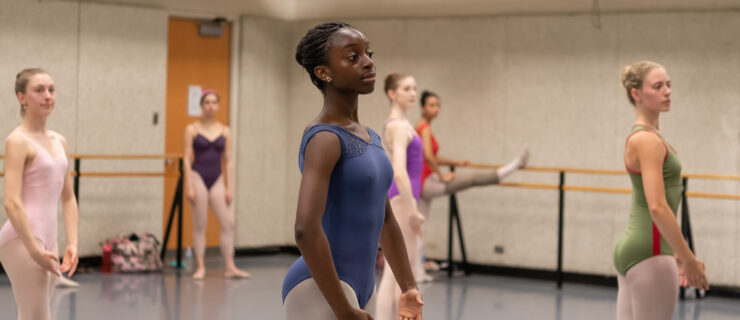Ask Amy: I’m Starting Pointe Soon. Does It Hurt?
I just learned that I’ll be starting pointe this year. But I’m nervous—does it hurt? —Sariah
First of all, congratulations on advancing to pointe class! It’s a testament to your hard work and technical strength as a dancer. Pointework can feel uncomfortable at first—dancing on the tips of our toes is not natural, after all—but pain should be minimal if you’re wearing properly fitted shoes and using the right amount of padding. You’ll likely work slowly at first, practicing pointework at the barre for short periods of time to build strength, and your toes will gradually develop calluses, which will help protect them.
Sometimes, especially when you have classes or rehearsals with lots of repetitive relevés, you’ll develop painful blisters or other ailments, like bruised toenails. Be proactive by prepping your feet in advance, like wrapping toes with athletic tape or using corn pads or silicone-gel tubes or caps to help ease pressure points. Keep your toenails trimmed and your feet clean. And test out different kinds of toe pads—it may take some trial and error to determine which kind best protects your feet from friction and pressure. (Remember: More padding isn’t necessarily better.)
If you’re experiencing pain during pointe class, tell your teachers.
While all pointe dancers deal with minor aches and abrasions, severe pain or chronic foot issues can mean something is wrong. Ill-fitting or unsupportive shoes are often the culprit. While pointe shoes should be snug, your feet shouldn’t feel squished. Models that are too narrow or short for your foot can cause corns, ingrown toenails, and other issues. And pairs that are too long or wide will allow too much movement inside the shoe. (For example, when my big toenails kept bruising after switching pointe-shoe makers, I realized that the boxes were too square and changed to a more tapered fit. Problem solved!) When the time comes for your first pair, visit an experienced pointe shoe fitter who can assess the shape of your feet and find shoes that are safe, flattering, and comfortable.
Another thing I want to stress: If you’re experiencing serious pain during pointe class, tell your teachers. Let them know what’s going on, whether you have a large, open blister or a swollen Achilles tendon. Otherwise, you risk making the problem worse and compensating to avoid pain. They can help assess the issue and give you some guidance. If the issue is serious or chronic, you may need to see a doctor.
Pointework requires strong technique, so be very diligent about your alignment in your ballet classes, especially during relevés. Keep up your pre-pointe strengthening exercises, too. You are about to enter a new, exciting phase of your dance training, and you want to be as prepared as possible.
Have a question? Send it to Pointe editor in chief and former dancer Amy Brandt at [email protected].
